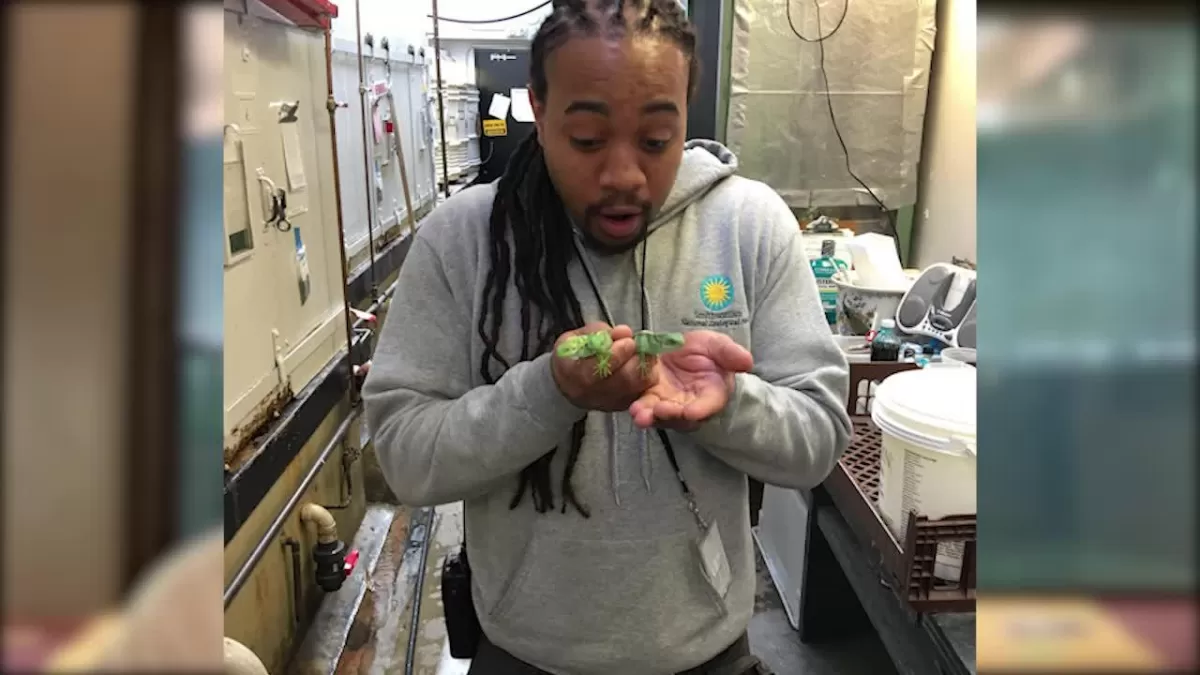
Search
Scientist Spotlight Videos
The videos in this series highlight personal stories of Smithsonian science experts, including how they became interested in science and what challenges they have overcome. The experts also offer advice for students who may be interested in pursuing a science career.
These videos aim to:
- Help students build more personal connections to science careers
- Help students build positive attitudes in science
- Help students experience the topic as meaningful
Click a name to watch a video.
Animal Care and Conservation

Kyle Miller, Animal Keeper
What he does: Cares for animals at the National Zoo's Reptile Discovery Center and works on conservation efforts
Related subjects: Biology, zoology
Advice: "Science is so broad, all of you out there are scientists and probably don't even realize it."
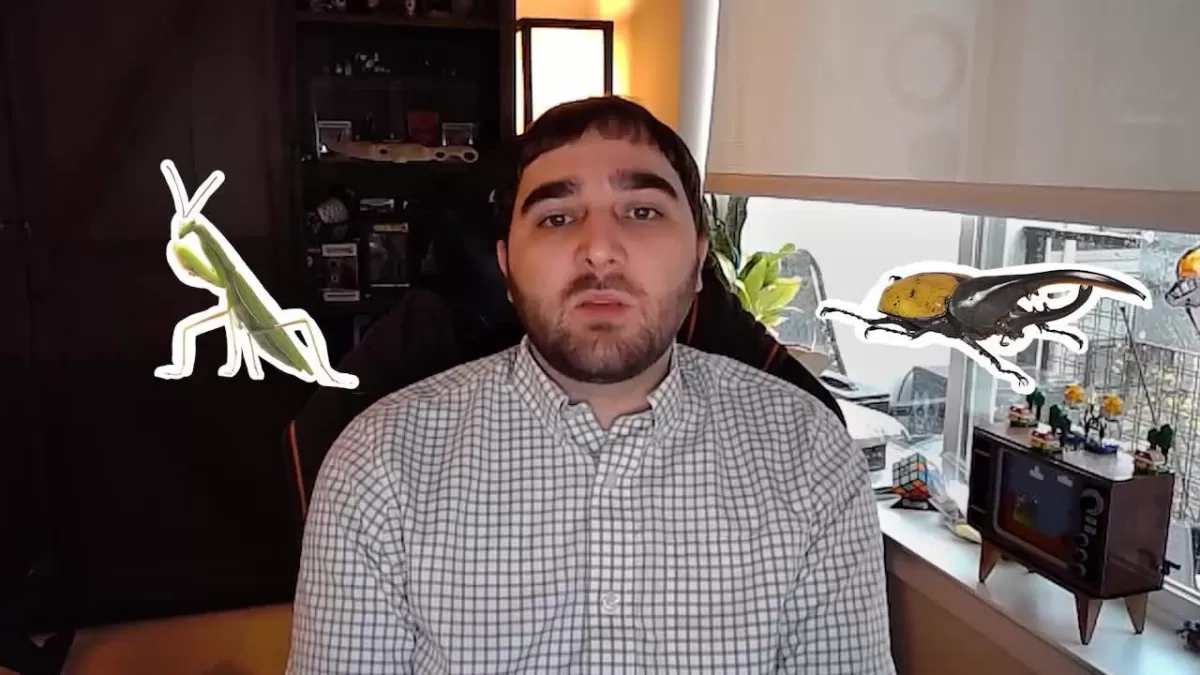
Chris Mooney, Manager, O. Orkin Insect Zoo and the Butterfly Pavilion
What he does: Manages the care of all the living insects and arthropods in the exhibits.
Related subjects: Biology, entomology
Advice: "Do not be afraid to learn about subjects like entomology, as you might find something that really interests you."
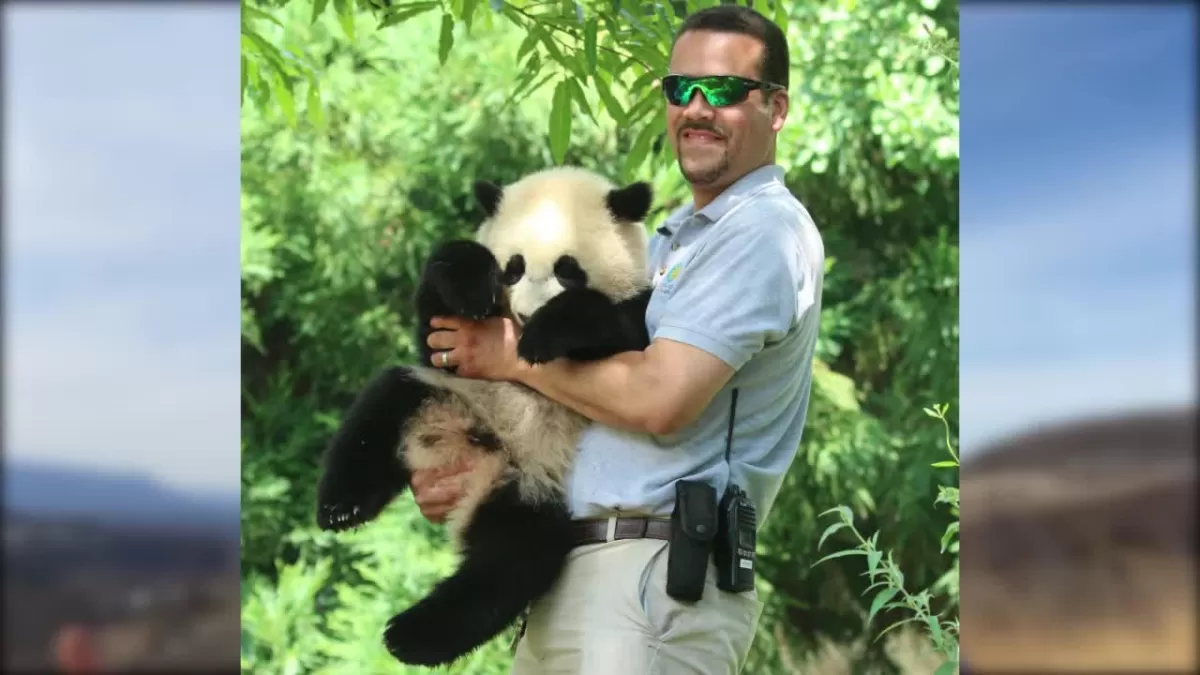
Juan Rodriguez, Curator and Biologist
What he does: Supervises care of, and research into, endangered carnivores to help save species from extinction.
Related subjects: Biology, zoology
Advice: "Get out of your comfort zone, and try out a particular internship or volunteer program that you think you might not be comfortable in, might not excel in, but try it out. Try it out, try the sciences. Look into the Smithsonian in particular."
Botany
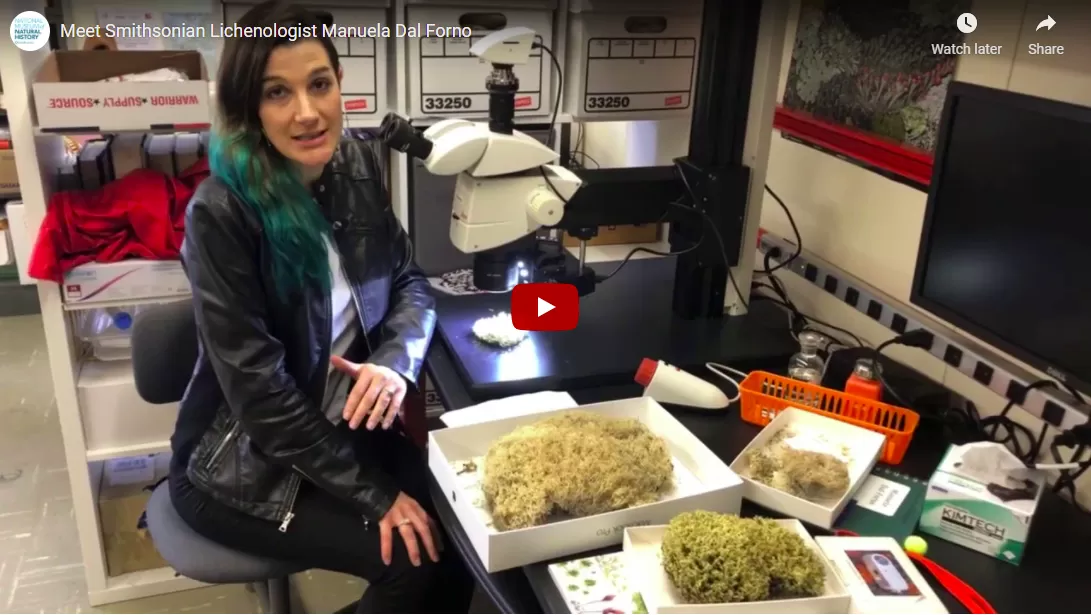
Manuela Dal Forno, Lichenologist
What she studies: Lichens — their diversity and unique symbiosis
Related subjects: Biology, geology
Advice: "You can start today by making observations in your backyard or walking around the city, because anybody can be a scientist."
Entomology
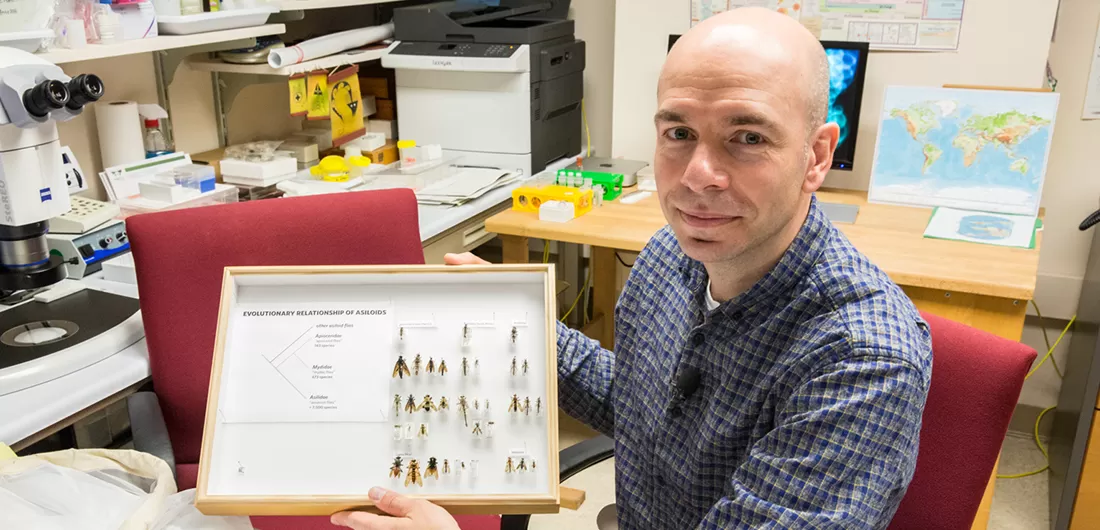
Torsten Dikow, Insect Researcher
What he does: Discovers new species of flies all around the world
Related subjects: Biology, botany
Advice: "Anyone can do science. There are so many fields of science to choose from, that there ought to be something out there that interests you."
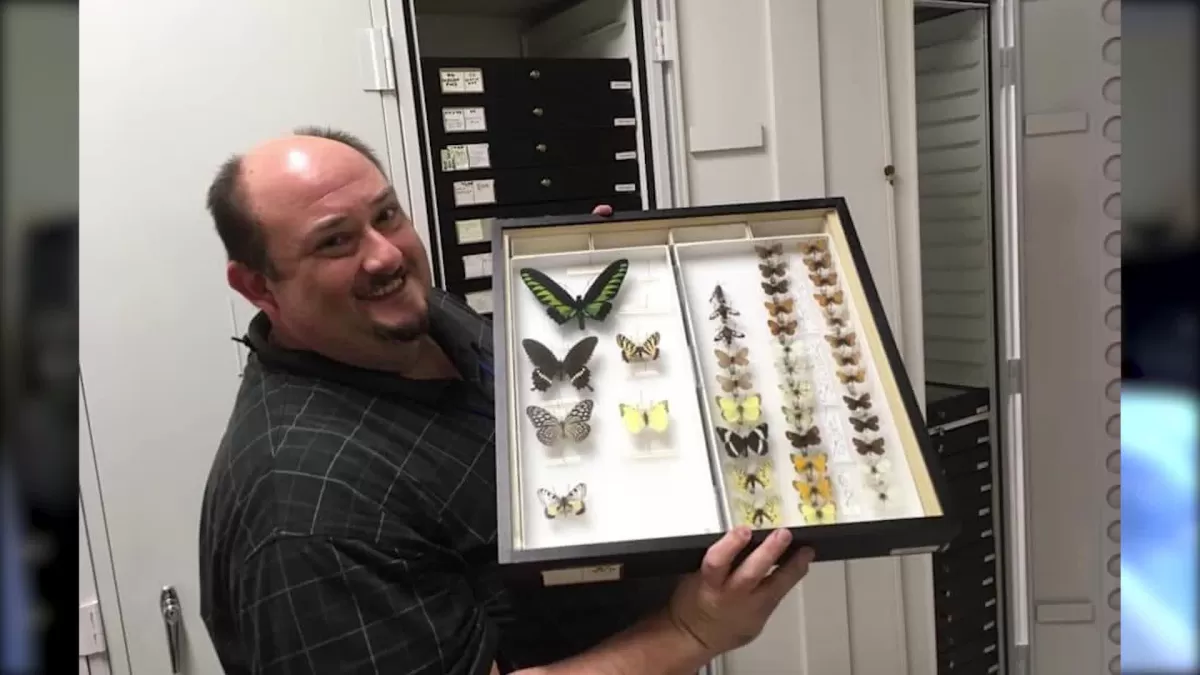
Floyd Shockley, Collections Manager and Entomologist
What he does: Cares for the 35 million specimens in the national insect collection.
Related subjects: Biology, botany
Advice: "Knowing how to think critically, ask questions, and figure out how to answer them is always going to be useful, regardless of what career path a person takes."
Marine Biology
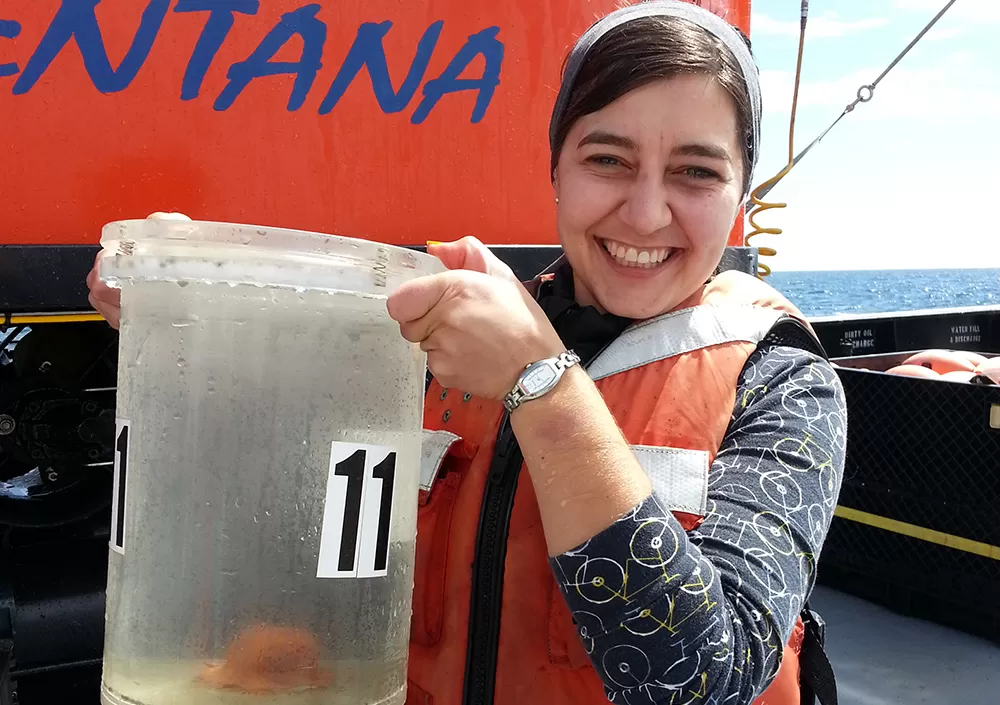
Stephanie Bush, Marine Biologist
What she studies: Marine biodiversity (the broad array of types of animals that live in the ocean)
Related subjects: Biology, chemistry, zoology
Advice: "You never know what is going to happen in your life, and you should always take any opportunity that presents itself. Just to say: Don't worry if you don't feel very sciency, but you have an interest now. That will come with time. Just because you're not a scientist right now doesn't mean you can't become one."
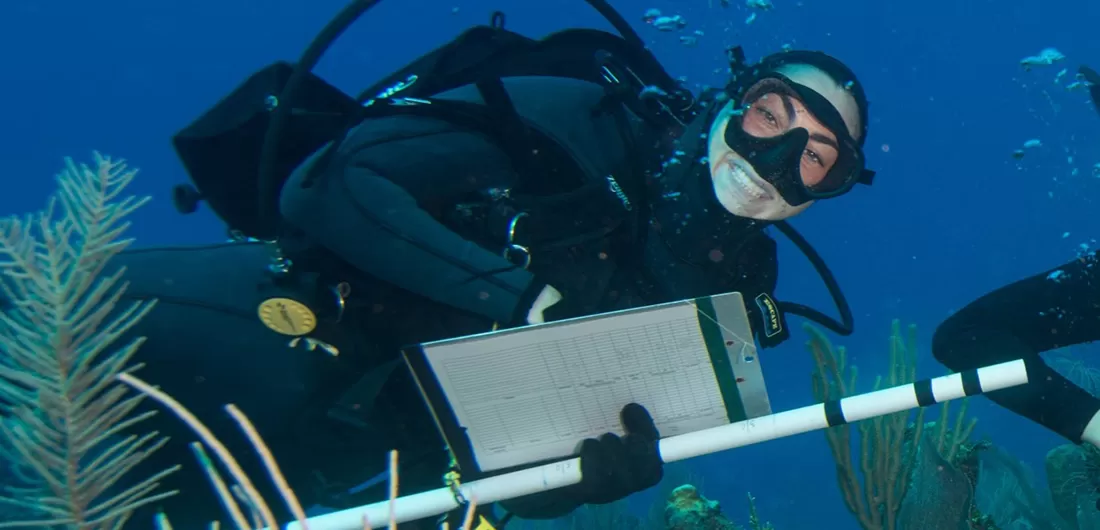
Leah Harper, Marine Biologist
What she studies: Coastal habitats, such as coral reefs and sea grasses
Related subjects: Biology, chemistry, geology, zoology
Advice: "Paying attention to nature around you can connect you to science no matter where you are."
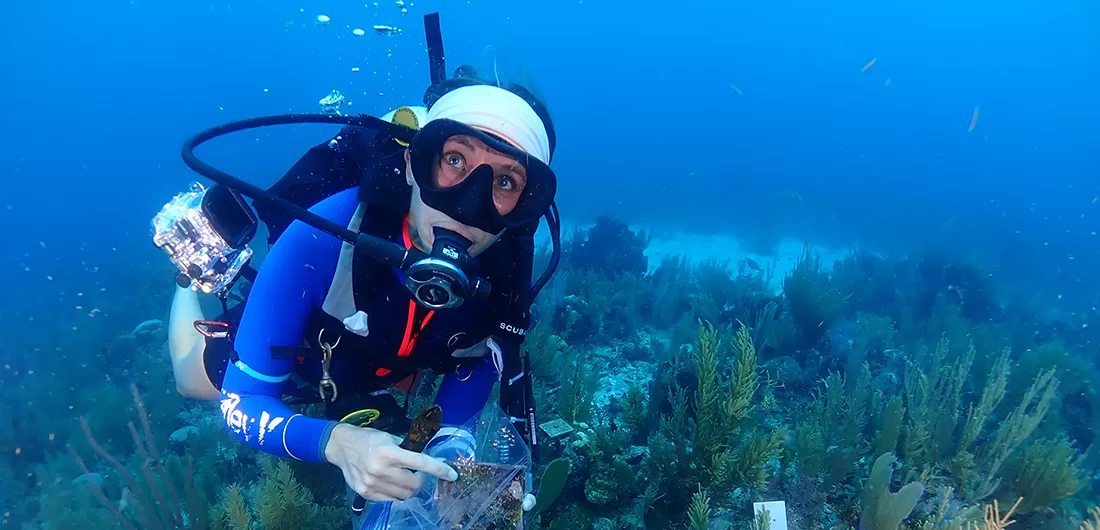
Maggie Johnson, Marine Biologist
What she studies: Coral and oyster reef structure and function
Related subjects: Biology, chemistry, geology, zoology
Advice: "If you're interested in science and asking questions about nature, that is an opportunity that is open to pretty much everyone. So you can go to school, study biology, find the things you think are interesting or fascinating, talk to people, talk to scientists and they can help guide you along the way as well."
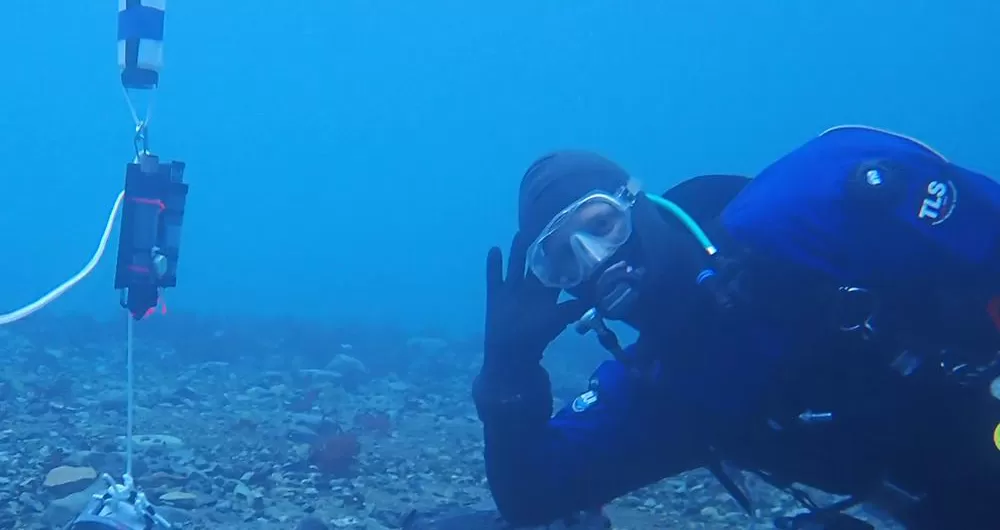
Alex Lowe, Marine Biologist
What he studies: Water chemistry in coastal marine habitats, such as coral reefs
Related subjects: Biology, chemistry, geology, zoology
Advice: "You can learn to scuba dive in a pool, in a pond, in a quarry, in a river, and from there that will open up opportunities to get to the ocean, where you really want to be."
Paleobiology
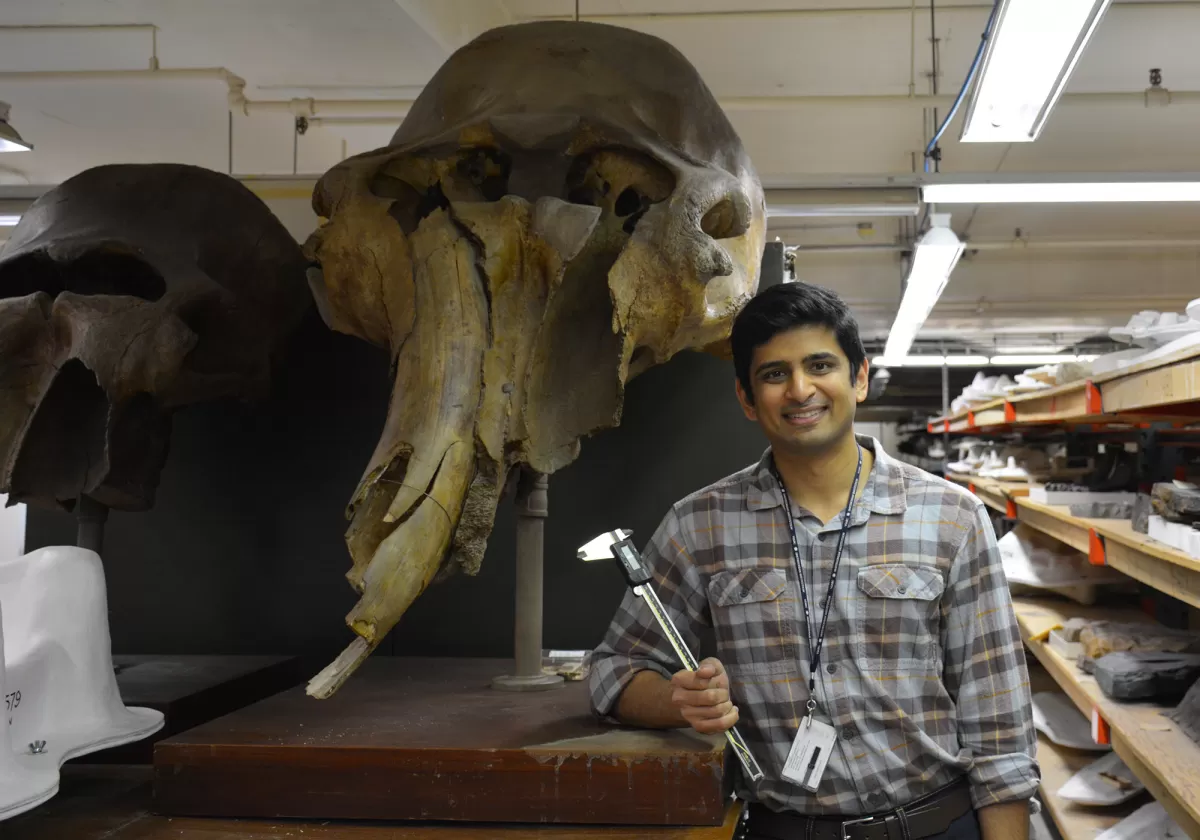
Advait Jukar, Paleontologist
What he studies: Fossil elephants
Related subjects: Biology, geology, zoology
Advice: "You can be a scientist just like me if you like making observations, if you like solving problems, putting puzzles together — you are already using skills that scientists like me use every single day."
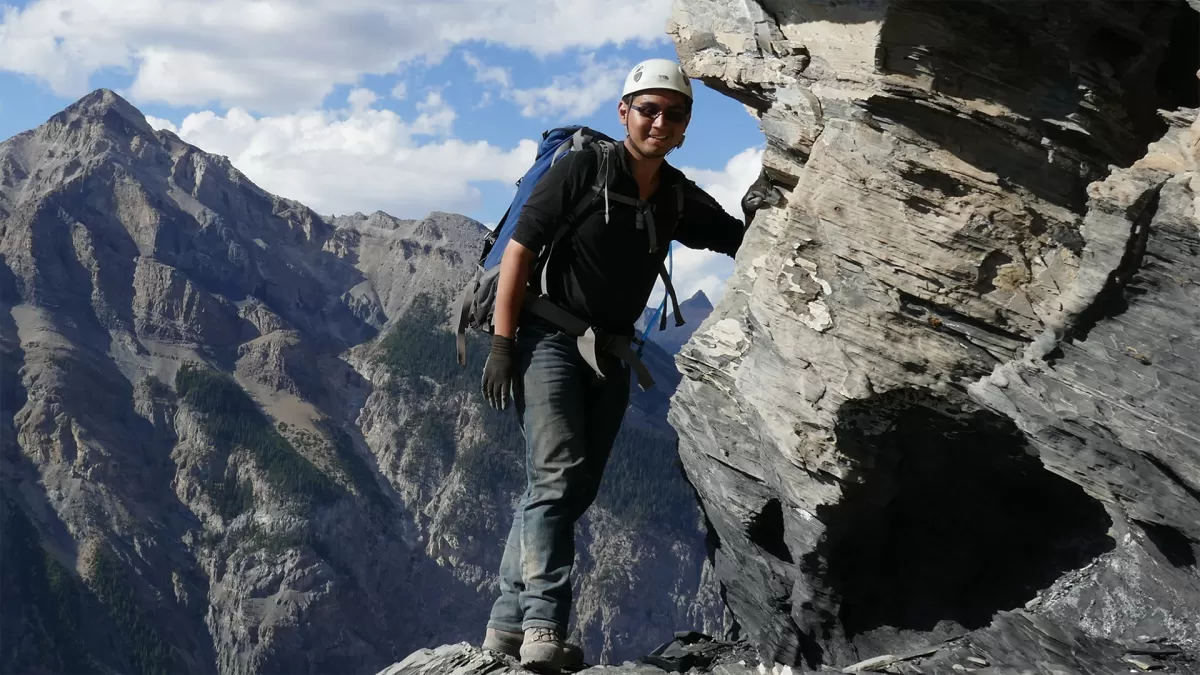
Karma Nanglu, Paleontologist
What he studies: The Cambrian Explosion of Life, the rapid appearance of most animal groups in the fossil record for the first time.
Related subjects: Biology, geology, zoology
Zoology
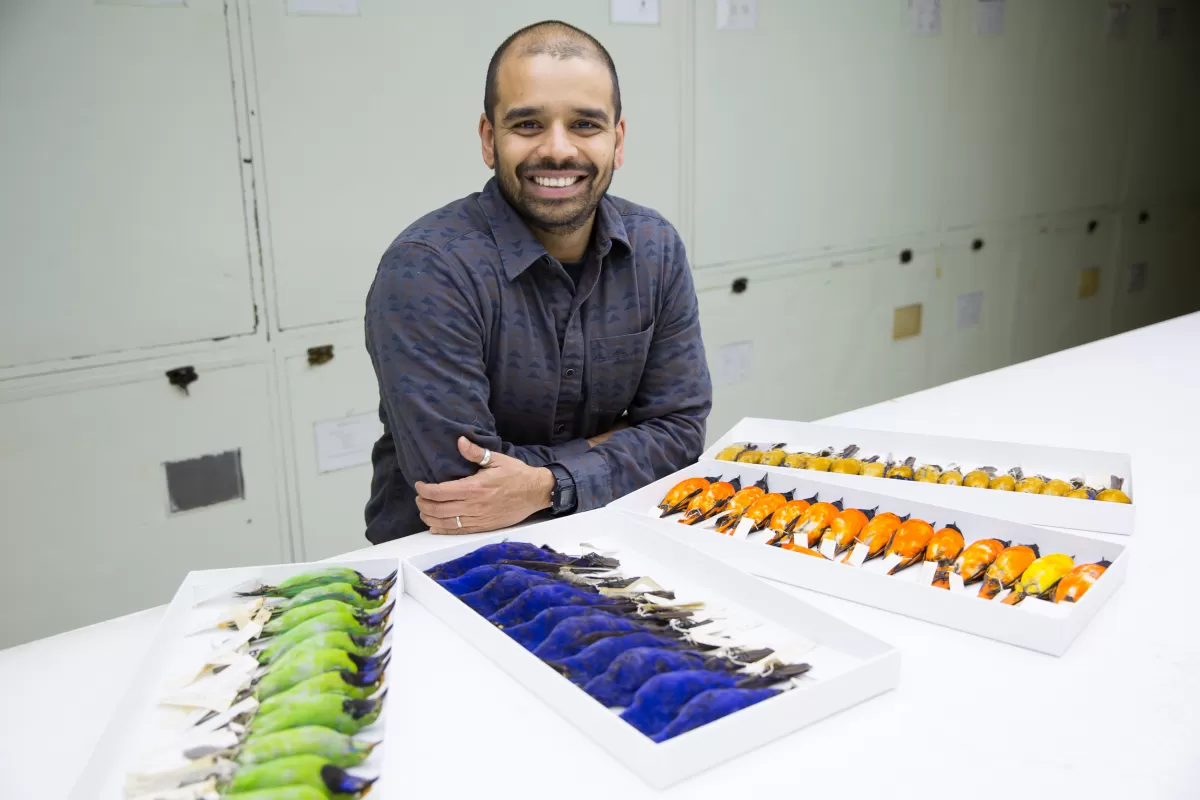
Sahas Barve, Evolutionary Ecologist
What he studies: Birds
Related subjects: Biology, ornithology
Advice: "Do something you are passionate about, but stay open to science because it touches everything in our lives."
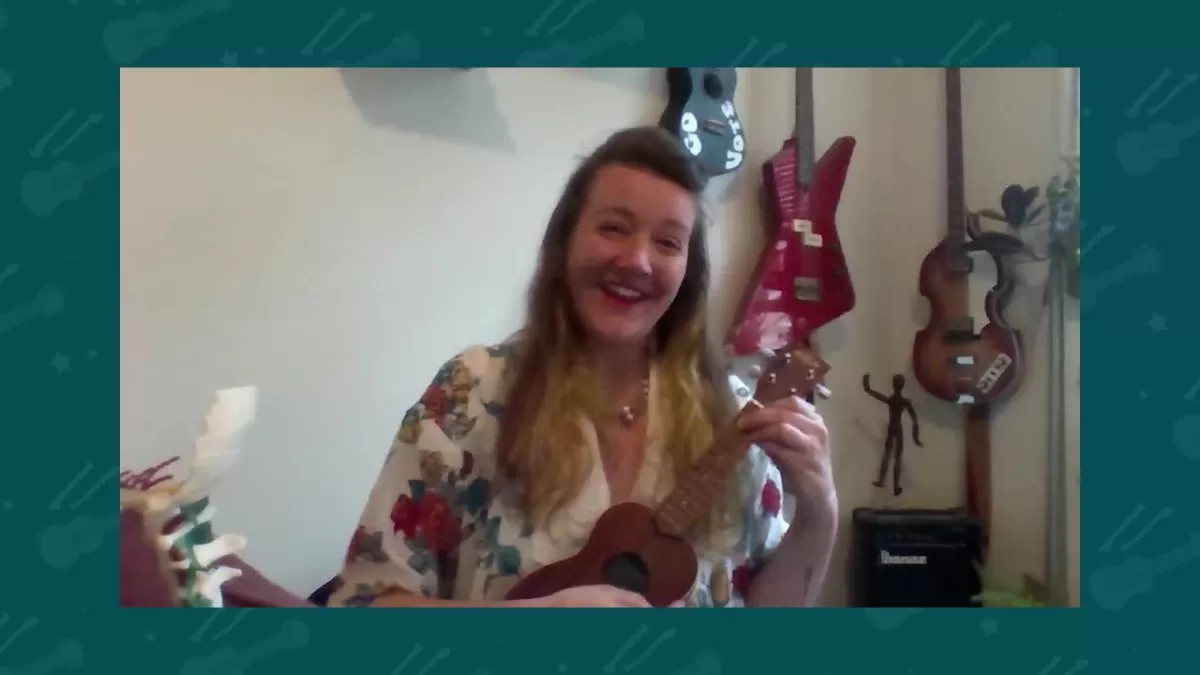
Andrea Eller, Zoologist
What she studies: Animal bones and the stories they tell
Related subjects: Anthropology, biology, paleontology
Advice: "If you like asking questions and solving puzzles, then you probably are a science person."